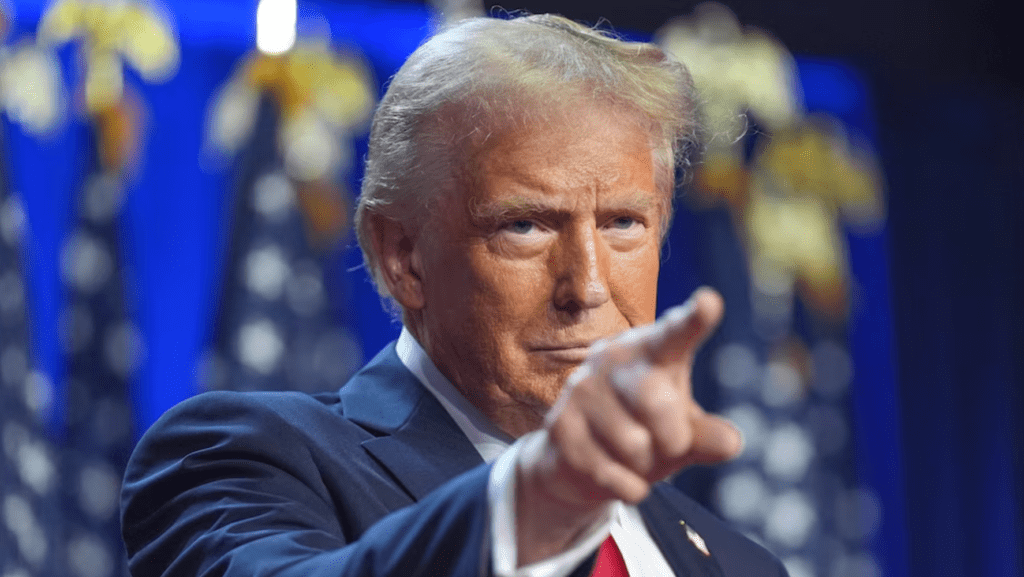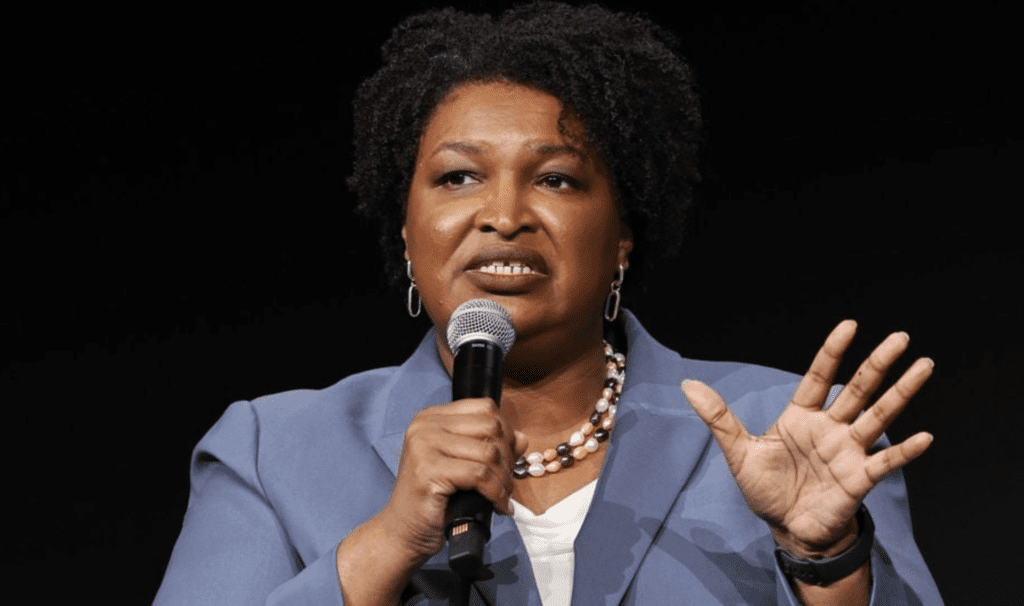The House passed a bill on Wednesday that would force TikTok’s Chinese owner, ByteDance, to either sell the popular app or risk a ban in the United States.
President Biden has stated that he is prepared to sign the ban into law, but the bill faces opposition in the Senate, spurred by the app’s users, who will vote in November.
Rep. Mike Gallagher, a Wisconsin Republican and co-sponsor of the bill, stated that Congress must assure TikTok’s survival as a corporation for either Americans or the Chinese Communist Party, but not both.
“The Chinese Communist Party does not have a First Amendment right to conduct malign influence operations in the United States,” Gallagher said in a video on X. “We need to cut out the Chinese Communist Party tumor from TikTok.”
A bipartisan group of senators drafted the Protecting Americans from Foreign Adversary Controlled Applications Act, which would prohibit app shops and hosting providers from making foreign-adversary-controlled programs available online.
The measure does not outright ban TikTok, but it does threaten a blockade if ByteDance does not divest.
Lawmakers have claimed numerous reasons for wanting to cut TikTok’s relations with China, including fears about data theft, espionage, and foreign influence of Americans, which might lead to electoral involvement.
Rep. Chip Roy, a Texas Republican and co-sponsor of the proposal, expressed concern about TikTok’s data collecting on Americans.
“This is designed to be a framework that will allow us to ensure that we don’t have the Chinese Communist Party owning American data and using it nefariously against the American people,” he told reporters on Tuesday.
Lawmakers’ worries have grown in response to signals from the US intelligence community regarding China’s use of TikTok to influence American behavior.
The intelligence community’s yearly danger assessment, issued Monday, specifically included TikTok in its warning about the Chinese Communist Party’s global covert influence campaigns.
FBI Director Christopher A. Wray told senators on Tuesday that Americans must realize that Chinese enterprises are required to work with the government.
Speaking to the House Permanent Select Committee on Intelligence, he stated that Americans must decide if they want the Chinese communist government to control what content they see online using algorithms.
“When it comes to the algorithm, and the recommendation algorithm, and the ability to conduct influence operations, that is extraordinarily difficult to detect,” Mr. Wray said. “And that’s what makes it such a pernicious risk.”
The Chinese government has severely denounced the US effort, and TikTok users have rallied to push against the legislation, gaining a few sympathizers on Capitol Hill.
“This process was secret and the bill was jammed through for one reason: It’s a ban,” the company’s U.S.-based operations said in a statement after the vote. “We are hopeful that the Senate will consider the facts, listen to their constituents, and realize the impact on the economy, seven million small businesses, and the 170 million Americans who use our service.”
Rep. Maxwell Frost, a Florida Democrat, said he is against eavesdropping but opposed the bill because it was too narrowly focused on one corporation.
“Just because there is a legitimate problem here we need to fix doesn’t automatically say by any means necessary is OK,” he told reporters.
Gallagher told reporters he had discussed the bill with senators and praised the work of Sens. Mark R. Warner, Virginia Democrat, and Marco Rubio, Florida Republican, on addressing TikTok.
“I know there’s a lot of interest,” Gallagher said.
Senate Majority Leader Charles E. Schumer, a New York Democrat, had a significantly more impartial view on how the House legislation would be received. This election season, the Senate’s legislative agenda is jam-packed.
“The Senate will review the legislation when it comes over from the House,” Schumer said in a statement issued by his office.
Senator Rand Paul, a Kentucky Republican, is one of the legislation’s opponents.
Paul said Wednesday on X that those advocating for a TikTok ban are attempting to terrify Americans with false allegations about the app’s algorithm, TikTok’s ownership, and the nationality of the company’s CEO, Shou Zi Chew.
The bill passed rapidly through the House after being submitted and vetted by the House Energy and Commerce Committee last week.
The longer the law is debated, the more politically charged it will become.
Although Biden applauds the law, his campaign has joined the platform.
Former President Donald Trump, Mr. Biden’s Republican candidate, claims that a TikTok ban would help Meta’s Facebook and other platforms. Trump’s stance is anticipated to provide challenges for Senate Republicans weighing the electoral risks of defying him.
Conservative influencer Charlie Kirk also weighed in on the Tik Tok legislation.
I've been listening to and observing what many different people I respect have to say about the TikTok bill. After serious thought, I have concluded that TikTok sucks and should either 1) be banned, or if China agrees to divest 2) be sold to a trustworthy, non-woke company like…
— Charlie Kirk (@charliekirk11) March 13, 2024
“I’ve been listening to and observing what many different people I respect have to say about the TikTok bill. After serious thought, I have concluded that TikTok sucks and should either 1) be banned, or if China agrees to divest 2) be sold to a trustworthy, non-woke company like Rumble,” Kirk said.
“TikTok’s algorithm spreads poison, destroys the mental well-being of young people, and turns 130 million phones into spy devices of the CCP,” he continued.
“Based on my own reading of its contents, this bill does not seem to put Rumble or X in any real threat. If that changes, or if I get additional information, I reserve the right to change my mind. The timing of this bill and Washington’s sudden urgency to pass it are suspicious, I admit. But the text of the bill seems to put sufficient checks on executive power. Any ban of an app is subject to judicial review, and the bill uses a very specific definition of an adversarial country, one which will preclude punishing Rumble’s Canadian roots, or banning X because it carried a small Saudi investment,” he added.
“Ban TikTok, or as a secondary option, force China to sell it,” he concluded.
NOW READ:


